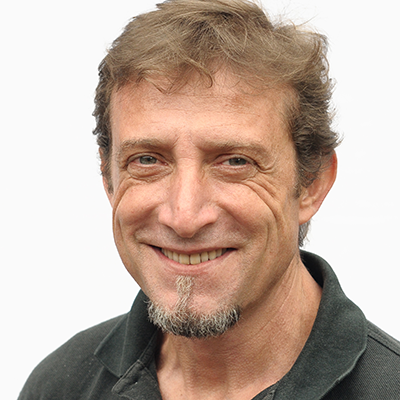As a father of four children – three having been born in different East-African cities while he was working on a variety of humanitarian efforts – Pablo feels that “The best legacy I can transmit to them is the awareness of the existence of injustice that human beings suffer. And, of course, what their father does and how that contributes to alleviating human suffering.”
Today, Pablo works to alleviate human suffering as the Country Director for the Center for Victims of Torture in Nairobi, Kenya. In this role he extends the Center’s long-established methods of mental and physical therapy for torture victims to lesbian, gay, bisexual, transgender and intersex (LGBTI) refugees in Nairobi. As Pablo notes, “Kenya is indeed a humanitarian hub, hosting hundreds of thousands of human beings fleeing violence in their countries, and CVT is in the right place to heal and rehabilitate lives that once before were nearly destroyed.”
Among the large refugee population in Nairobi are thousands of LGBTI people who have fled growing intolerance and violence in East Africa. “One of the biggest challenges when serving LGBTI clients in Kenya is the acceptance in the society and in their communities. Regional laws persecute and condemn homosexuality. Regional cultures, traditions and religions express discrimination, intolerance and neglect the right to decide your sexual orientation,” says Pablo.
CVT Nairobi has been helping LGBTI clients with mental health care for several years. Recently the organization integrated physiotherapy after clients were raising concerns about the wellbeing of their physical health. Many LGBTI community members experience aggressive harassment and severe discrimination. With LGBTI clients, some careful considerations are made to meet their specific needs, including education about identifying areas of pain, understanding mechanics of their body, and teaching them exercise techniques to strengthen and heal various parts of their body. At the end of the group cycle, evaluations showed that the majority of the group improved tremendously. Overall, they report less discomfort and increased ability to perform activities of daily living with more ease.
And in Kenya there is an additional challenge in serving LGBTI clients – sensitizing and training staff who have lived in an often-intolerant environment. Creating a culture of understanding that the traumas which bring clients to CVT deserve to be healed is a core principle of the work.
The end of a therapy cycle presents the greatest challenge for CVT staff and clients. Can the lessons learned withstand reintegration into a client’s living context where intolerance and dangers persist?
For Pablo, “The education and activism of CVT in Kenya are strong tools to build a worldwide tolerant society. In this region there is a strong resistance to accept these rights, while in other places there are more accommodating laws and inclusive strategies. And I think that is a very positive example to other societies.”

